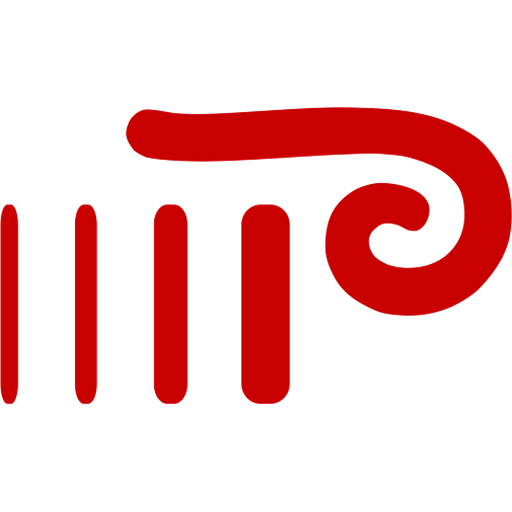Experience
Capitalization
Harvest the tacit knowledge of your employees and motivate your teams!
Why this is relevant?
Experience is the tacit knowledge that our employees, project teams and organisational units gather when doing their work. Experiences are hidden treasures in organisations and are not always explicitly shared within teams and with others.
“To capitalize an experience means to transform it into shareable knowledge.” (Pierre de Zutter)
By systematically reflecting on experiences, learning from positive and negative practice as well as by enabling access to external experiences, organisational learning is enriched.
How we do it?
1. Preparation/ Understanding the context
First of all, we need to understand the business context, the strategic KM and learning challenges and objectives as well as the learning culture. A systematic analysis of the business model, current approaches, methods, tools and business objectives gives a first picture of where experience capitalization is most relevant and how it can best be integrated.
2.Tailoring of elaboration process
Learning from experiences is highly subjective and influenced by organisational and individual learning culture. The experience capitalization process to be elaborated needs to be tailored in order to speak the language of the organisation and respect the organisational culture and structures. At this stage, an internal steering team will be selected that will coordinate and steer this process internally.
3. Appreciative workshops/ interviews
Together with the internal steering team, workshops and interviews will be held. They have a double intent: They help to onboard the colleagues (in case experience capitalization is new to them), inform and inspire them, on the other side they are key to develop core aspects for experience capitalization: what are strategic relevant knowledge areas, who are the knowledge carriers, how can/ should tacit knowledge be capitalized and shared and how can the application of the learning outcomes be facilitated and tracked.
4. Elaborating the experience capitalization process
The workshops and interviews create a lot of substance, which require reflection, condensing and interpretation. Together with the internal steering team, the experience capitalization process is discussed and drafted.
5. Presentation and Feedback
The draft experience capitalization process is presented to the top management as well as those who contributed to the elaboration and are requested to comment. The feedback is integrated into the document and the experience capitalization process is finalized.
Results and benefits
- Experience capitalization process
A systematic and objective-oriented experience capitalization process tailored for your organisation is developed. This includes a description of roles and responsibilities, necessary resources and a set of methods as well as tools. - Greater awareness and motivation
Informed people encouraged to move to the next level of organisational learning.
Motivation, as employees and their experiences are appreciated.
Contact us
Reach us via email: office@km-a.net.
Follow us on LinkedIn and Twitter to stay informed.

Gersthofer Strasse 162,
1180 Vienna, Austria
office@km-a.net
Austria: +43 664 1451313
Germany: +49 30 555 777 46
